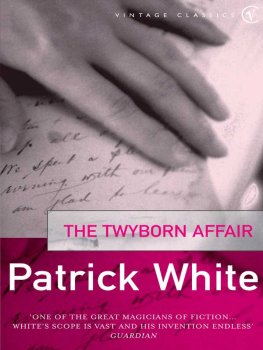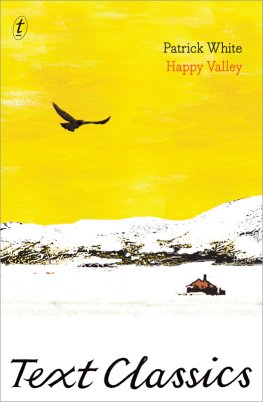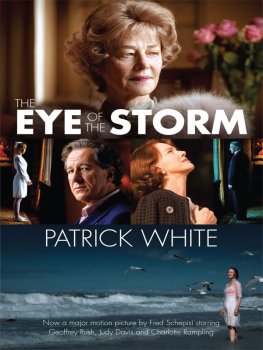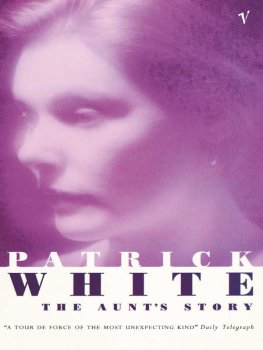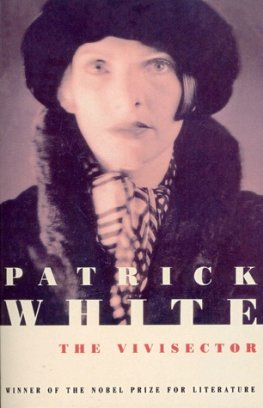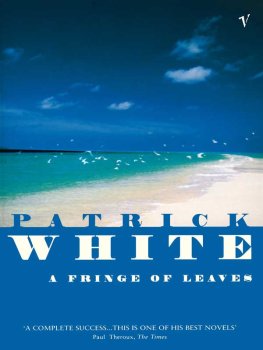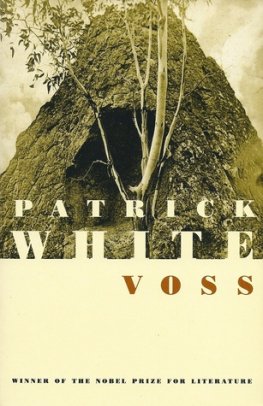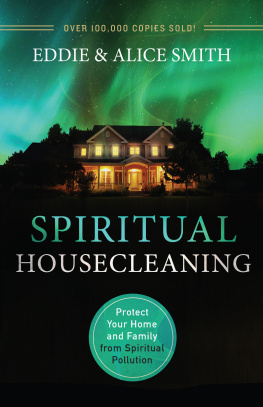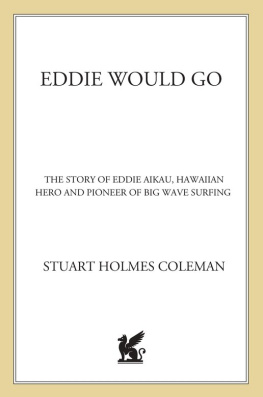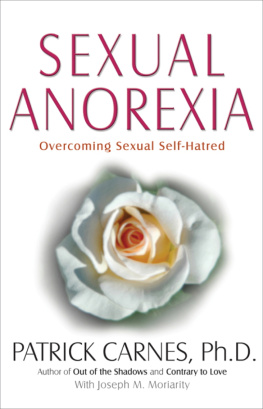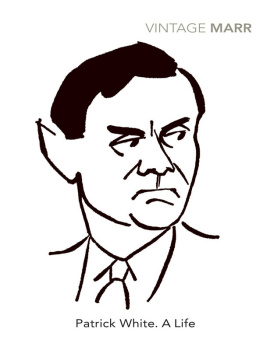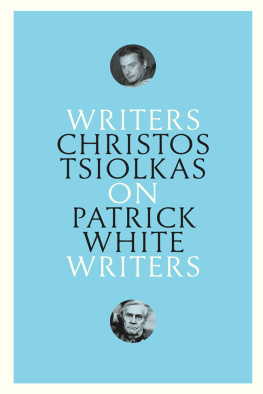Patrick White - The Twyborn Affair
Here you can read online Patrick White - The Twyborn Affair full text of the book (entire story) in english for free. Download pdf and epub, get meaning, cover and reviews about this ebook. year: 2011, publisher: Vintage Digital, genre: Prose. Description of the work, (preface) as well as reviews are available. Best literature library LitArk.com created for fans of good reading and offers a wide selection of genres:
Romance novel
Science fiction
Adventure
Detective
Science
History
Home and family
Prose
Art
Politics
Computer
Non-fiction
Religion
Business
Children
Humor
Choose a favorite category and find really read worthwhile books. Enjoy immersion in the world of imagination, feel the emotions of the characters or learn something new for yourself, make an fascinating discovery.
- Book:The Twyborn Affair
- Author:
- Publisher:Vintage Digital
- Genre:
- Year:2011
- Rating:5 / 5
- Favourites:Add to favourites
- Your mark:
- 100
- 1
- 2
- 3
- 4
- 5
The Twyborn Affair: summary, description and annotation
We offer to read an annotation, description, summary or preface (depends on what the author of the book "The Twyborn Affair" wrote himself). If you haven't found the necessary information about the book — write in the comments, we will try to find it.
The Twyborn Affair — read online for free the complete book (whole text) full work
Below is the text of the book, divided by pages. System saving the place of the last page read, allows you to conveniently read the book "The Twyborn Affair" online for free, without having to search again every time where you left off. Put a bookmark, and you can go to the page where you finished reading at any time.
Font size:
Interval:
Bookmark:
Patrick White
The Twyborn Affair
About the Author
THE TWYBORN AFFAIR
Patrick White was born in England in 1912. He was taken to Australia (where his father owned a sheep farm) when he was six months old, but educated in England, at Cheltenham College and Kings College, Cambridge. He settled in London, where he wrote several unpublished novels, then served in the RAF during the war; he returned after the war to Australia.
He became the most considerable figure in modern Australian literature, awarded the Nobel Prize for Literature in 1973. The great poet of Australian landscape, he has turned its vast empty spaces into great mythic landscapes of the soul. His position as man of letters was controversial, provoked by his acerbic, unpredictable public statements and his belief that it is eccentric individuals who offer the only hope of salvation. Technically brilliant, he is one modern novelist to whom the oft-abused epithet visionary can safely be applied. He died in September 1990.
The Twyborn Affair
TO JIM SHARMAN
What else should our lives be but a series of beginnings, of painful settings out into the unknown, pushing off from the edges of consciousness into the mystery of what we have not yet become.
David MaloufMy suspicion is that in Heaven the Blessed are of the opinion that the advantages of that locale have been overrated by theologians who were never actually there. Perhaps even in Hell the damned are not always satisfied.
Jorge Luis BorgesSometimes youll see someone with nothing on but a bandaid.
Diane ArbusPart I
Which road this afternoon, madam?
The same, Teakle the one we took yesterday.
Bit rough, isnt it? her chauffeur ventured.
We Australians, Mrs Golson declared, are used to far rougher at home.
It was an assertion she might not have made in company politer than her chauffeurs. She detected in her voice a sententiousness she found distasteful, particularly since the life she led at home was more comfortably cushioned than that of almost any Australian. Joan Golson had never known it rough.
Rough I bet it is from what I hear. Teakle was in the mood for divulgence.
So discreet, so English, such a dedicated member of the serving class, he surprised his employer by his remark. She would have liked to know what he had heard, but would not be so indiscreet as to ask. She suspected that English servants were given to taking liberties in the service of Colonials. It made her feel inferior.
In the circumstances she raised her chin, moistened her lips, and adjusted her motoring parasol, a collapsible one in tussore lined with bottle-green.
The air of the pine forests, she remarked, is so refreshing, I find, after that stuffy town. Thats why I thought of taking the same drive as yesterday.
Yes, agreed Teakle, very upright, very steady, the air at St Myool is pretty sewerish what youd call French.
Not sure whether this was a remark she should accept, Mrs Golson did not reply. Instead she looked about her at the landscape in a manner befitting the owner of a 1912 Austin in bottle-green, like the livery of her temporary chauffeur and the lining of her little parasol.
To be strictly accurate it was Mr Golson who owned the high-set bottle-green Austin. If Mrs Golson overlooked the fact, she was hardly aware. She was unconscious that she lumped her husband in with her very considerable material possessions, perhaps because Mrs Golson was wealthy in her own right (not to be compared with E. Boyd Golson in his, but rich) and because, in her heart of hearts, she considered a woman could face the world with more panache than a man, anyway an Australian one.
Mr Golson dont seem to care much for motoring.
Hed rather sleep off his luncheon! Mrs Golson laughed, but she also frowned as though she had invited her chauffeur to share her vision of her husband asleep in a deep armchair in a public room.
He likes to motor, she added, but when there is a purpose.
She hoped the man would leave it at that. For Mrs Golson was preparing to enjoy her own purpose in having herself driven down this rutted road, past these smelly salt-pans, through the grove of ragged pines, where the air was far less restorative than she had implied.
She was nursing the discovery made yesterday, which introduced a purpose at last into their hitherto rather aimless sojourn at St Mayeul. Undertaken as an antidote to several weeks of over-eating and over-dancing in London and Paris, Mrs Golson, and to some more bemused extent her husband, E. Boyd, had from the beginning regretted their stay at the Grand Htel Splendide des Ligures. Mrs Golson realised of course that it was Lady Tewkes who was to blame. This formidable personage, with rings growing out of the bone itself, and her casually incorrect version of the English language (the Htel Splendide is an otel, dear gel, I can recommend with confidence) intimidated the less than confident Joan Golson of Golsons Emporium, Sydney, and in her own right, Sewells Sweat-free Felt Hats, which little Joanie had inherited from poor Daddy.
It sounds charming, Mrs Golson had assured her mentor.
Though more or less at home with vocabulary (everything not actively horrid was for Joan Golson automatically charming) she used it somewhat tentatively abroad. It was her accent which often teetered, or so she heard, however carefully she managed it, and however carefully the eyelids of the Lady Tewkeses refused to bat; the most arrogant among the English were so mercilessly polite. (Oh no, Joan, not a trace, I assure you, one couldnt tell ) It didnt always shore up her smile; she could feel a tic at work in her dimple like a canker in the rose.
Her own accent apart, there was always Curly, the Australian husband. One could hardly call anybody Boyd, though his mother persisted in doing so, and Ernest had a habit of becoming Ern when the past cropped up in embarrassing guise, often in the most unlikely places, like the Grafton Galleries or Claridges. Through sheer lack of defence Mrs Golson had settled for Curly, the little boys nickname and clubland label by which E. Boyd was generally known, and which did not sound outlandish among the Bimbos and Jumbos, the Babies and Pets on the more rakish side of Epsom and Cowes.
Still, the unflinching eyelids, the non-committal smiles of the English when faced with what is regrettably colonial can become a strain. To land at Calais or Boulogne and find oneself simply and unacceptably foreign was by contrast a relief.
Tilting her head, her parasol, at the angle adopted by a lady enjoying foreign travel, Mrs Golson was jolted, swayed, tossed onward in her leather-upholstered motor-car along the stony, rutted road, through the straggling pines, and as she was subjected to all of it she mused more sinuously on her experience of the afternoon before, which she did so hope to repeat, at least to some extent. She would like to seize on certain details, perpetuate them in memory. If only she had kept a diary, but she never had; she was far too irregular in her habits. (Write to Eadie. Of late she had neglected Eadie. Eadie would have hugely enjoyed yesterdays snapshot one could hardly call it more.)
As she imagined sharing with her friend Eadie Twyborn her experience of the previous day, Joan Golson found herself straining against upholstery still new enough to give out some of the perfume of leather, raising herself to the extent where her little motoring parasol might be carried off by the blast created by impetuous motion, while she parted the knotted gossamer protecting her face from wind, grit, and suicidal insects, to anticipate the pleasures of what she hoped to re-discover.
The evening before, Teakle had driven the car with uncharacteristic dash, a reckless rush, perhaps due to the deep ruts and bumps on the surface of the sandy road. Emerging from the pine-grove as they mounted, they almost shaved what proved to be the containing wall of that charming villa lurking beyond the branches of probable almond trees, less equivocal olives, the clumps and spikes of lavender, and lesser tufts stained with the flickering colours of faded, archetypal carnations.
Font size:
Interval:
Bookmark:
Similar books «The Twyborn Affair»
Look at similar books to The Twyborn Affair. We have selected literature similar in name and meaning in the hope of providing readers with more options to find new, interesting, not yet read works.
Discussion, reviews of the book The Twyborn Affair and just readers' own opinions. Leave your comments, write what you think about the work, its meaning or the main characters. Specify what exactly you liked and what you didn't like, and why you think so.

